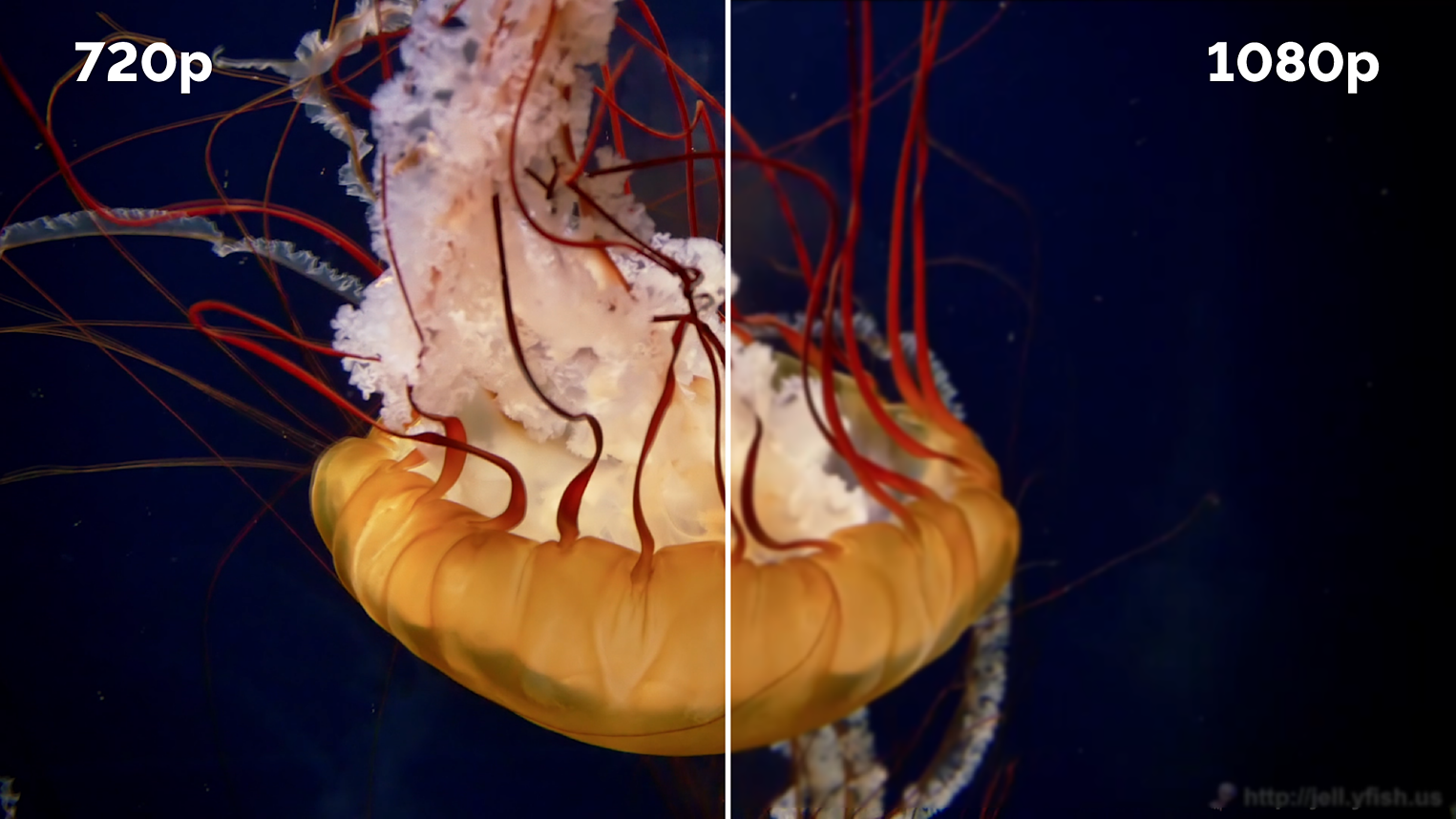VIDEO
Products
Streaming
Deliver flawless live video to any audience, anywhere
OTT Apps
Launch and monetize your own branded TV & mobile apps
Spark Encoder
Tap into hardware encoding that's compact and powerful
Broadcaster App
Go live straight from your phone or tablet with studio-quality control
Features
BoxCast Flow
Ensures smooth playback even on shaky networks
Sharing
Instantly clip, share, and amplify your broadcasts
Producer
Create professional streams right from your browser
Third-Party Encoders
Use the gear you love with our support of RTMP and SRT
AUDIO
Mixing Station Anywhere
Control your digital mixer in real time from anywhere
Mixing Station Web
Mix, manage, and monitor live audio in a browser from anywhere
Compatible Mixers
Connect your digital mixer to Mixing Station and Mixing Station Web
INDUSTRIES
House of Worship
Reach and engage your congregation wherever they worship
Sports
Stream games with professional quality for fans everywhere
Local Government
Bring transparency and connection to your community broadcasts
Business
Power your corporate events, webinars, and live streams
LEARN
Blog
Insights, trends, and tips for the audio/video community
Tech Tips
Quick how-tos and deep dives on the latest streaming technology
Guides
Essential tips and expert strategies to expand your reach
Newsletter
Stay up to date with product news, best practices, and more
Podcast
Hear stories and strategies from our customers and experts
DISCOVER
Customer Stories
Explore real-world success stories to inspire your organization
Events
Join us at an upcoming conference and meet with our team
Webinars
Get all the details and register for our next live webinar
About Us
Discover our company's mission, values, and team story

BoxCast Team • January 17, 2019
The common belief is that more pixels means a higher-quality picture for viewers. But this isn’t necessarily true, thanks to the video compression process.
When encoding for live streaming, hardware and software encoders compress raw video using techniques like chroma subsampling, spatial image compression, and temporal motion compensation to reduce the bandwidth of the original video to about 1/1000th of its original size.
For a given encoded video bit rate, the compression algorithm will be able to achieve a better encoded video on a smaller video than on a larger video. In other words, the number of “encoded bits per pixel” is higher for lower resolutions. What this means is that, depending on your video content (is it very static, like a conference speaker, or more dynamic, like a basketball game?) and video bit rate, your video may actually look better to viewers at 720p than at 1080p.

Here’s one example: we took the very popular “Jellyfish” video (commonly used in the industry for video testing) and encoded it to 4 Mbps at both 1080 and 720. We then used a tool from Netflix called VMAF (Video Multi-Method Assessment Fusion) to compare the encoded video to the original.
The VMAF tool is essentially an algorithm for asking how an actual human would perceive the quality of an encoded video, providing scores from 100 (“exactly identical”) to 0 (“completely different/unwatchable”). While the 1080p video received a score of 73.1, the 720p video received a score of 76.8—meaning human viewers would actually prefer to watch the 720p video rather than the 1080p video.
We performed the same experiment (using H.264) across four different kinds of videos and found that on average, for bit rates less than 7 Mbps, 720p videos had a higher perceptual quality than 1080p videos. Doing the same experiment, but using HEVC (which is used by the BoxCaster Pro with the BoxCast Platform), 1080p beat out 720p at bit rates over 2.2 Mbps.
If you take nothing else away from this article, remember this: unless you’re using HEVC, or both you and your viewers have very high internet bandwidth, your perceptual video quality will almost certainly be better at 720p than at 1080p.
Here's some further reading you might find interesting:
4K Live Streaming: The Right Questions to Ask
Why Are There Two Black Bars on the Sides of My Video? (Aspect Ratio)
© 2026 BoxCast. All Rights Reserved. | +1-888-392-2278